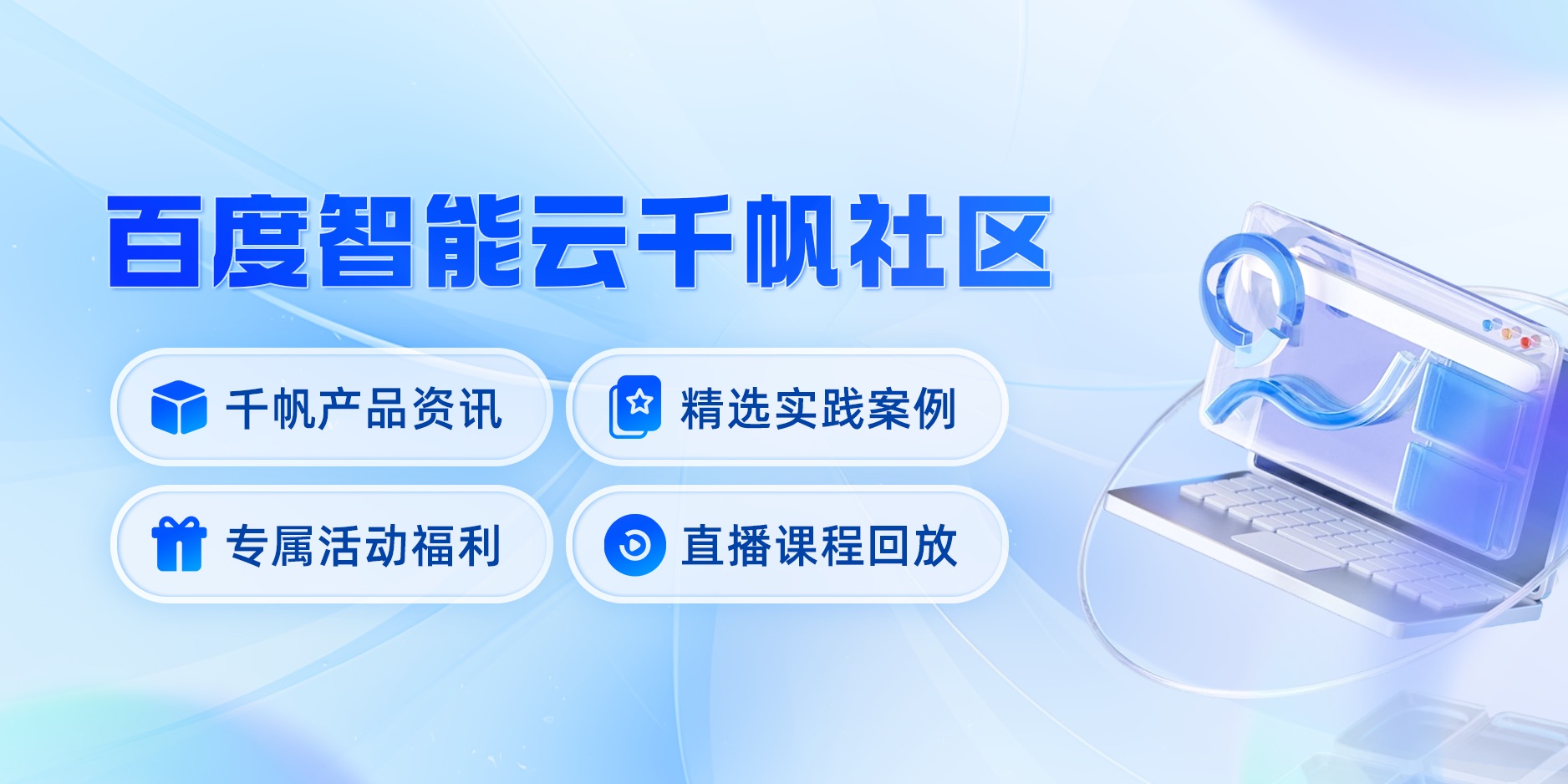安卓上使用 TensorFlow Lite 运行 YOLOv5 模型的实践指南
2024.01.18 05:37浏览量:37简介:本篇文章将指导您如何在安卓设备上使用 TensorFlow Lite 运行 YOLOv5 目标检测模型。我们将涵盖从模型转换到部署的整个过程,确保您能顺利地在安卓设备上运行 YOLOv5 模型。
千帆应用开发平台“智能体Pro”全新上线 限时免费体验
面向慢思考场景,支持低代码配置的方式创建“智能体Pro”应用
随着深度学习技术的不断发展,目标检测在许多应用中变得越来越重要。YOLOv5作为一种高效的目标检测算法,已经成为了研究的热点。然而,要在安卓设备上运行YOLOv5模型,我们需要进行一系列的步骤。以下是使用TensorFlow Lite在安卓设备上部署YOLOv5模型的详细指南。
1. 准备环境
首先,确保您的开发环境已经安装了TensorFlow和TensorFlow Lite的相关库。您可以通过pip安装这些库:
pip install tensorflow tensorflow-lite
2. 获取YOLOv5模型
YOLOv5模型的权重可以在YOLOv5 GitHub仓库中找到。您可以选择预训练的模型或自己训练的模型。
3. 转换模型
将TensorFlow模型转换为TensorFlow Lite格式是必要的步骤。您可以使用TFLiteConverter来完成这个任务:
import tensorflow as tf# Load the TensorFlow modelmodel = tf.keras.models.load_model('path_to_your_model.h5')# Convert the model to TensorFlow Lite formatconverter = tf.lite.TFLiteConverter.from_keras_model(model)tflite_model = converter.convert()
4. 优化模型
为了在安卓设备上获得更好的性能,您可以使用TensorFlow Lite的优化器来减小模型的大小并提高执行速度。使用以下命令进行优化:
import tflite_runtime.interpreter as tfliteimport numpy as np# Load the optimized TensorFlow Lite modelinterpreter = tflite.Interpreter(model_path='path_to_your_optimized_model.tflite')interpreter.allocate_tensors()
5. 在安卓设备上部署模型
在安卓设备上部署模型需要编写一个安卓应用程序。您可以使用Java或Kotlin编写应用程序,并在其中加载和运行模型。以下是一个简单的示例代码:
Java代码示例:
import org.tensorflow.lite.Interpreter;import java.nio.ByteBuffer;import java.nio.ByteOrder;import java.nio.FloatBuffer;import java.util.HashMap;import java.util.Map;import android.graphics.Bitmap;import android.graphics.Canvas;import android.graphics.ImageFormat;import android.graphics.PixelFormat;import android.graphics.SurfaceTexture;import android.hardware.camera2.CameraAccessException;import android.hardware.camera2.CameraManager;import android.os.Bundle;import androidx.appcompat.app.AppCompatActivity;import androidx.appcompat.widget.Toolbar;import android.view.Surface;import android.view.TextureView;import android.view.TextureView.SurfaceTextureListener;



发表评论
登录后可评论,请前往 登录 或 注册